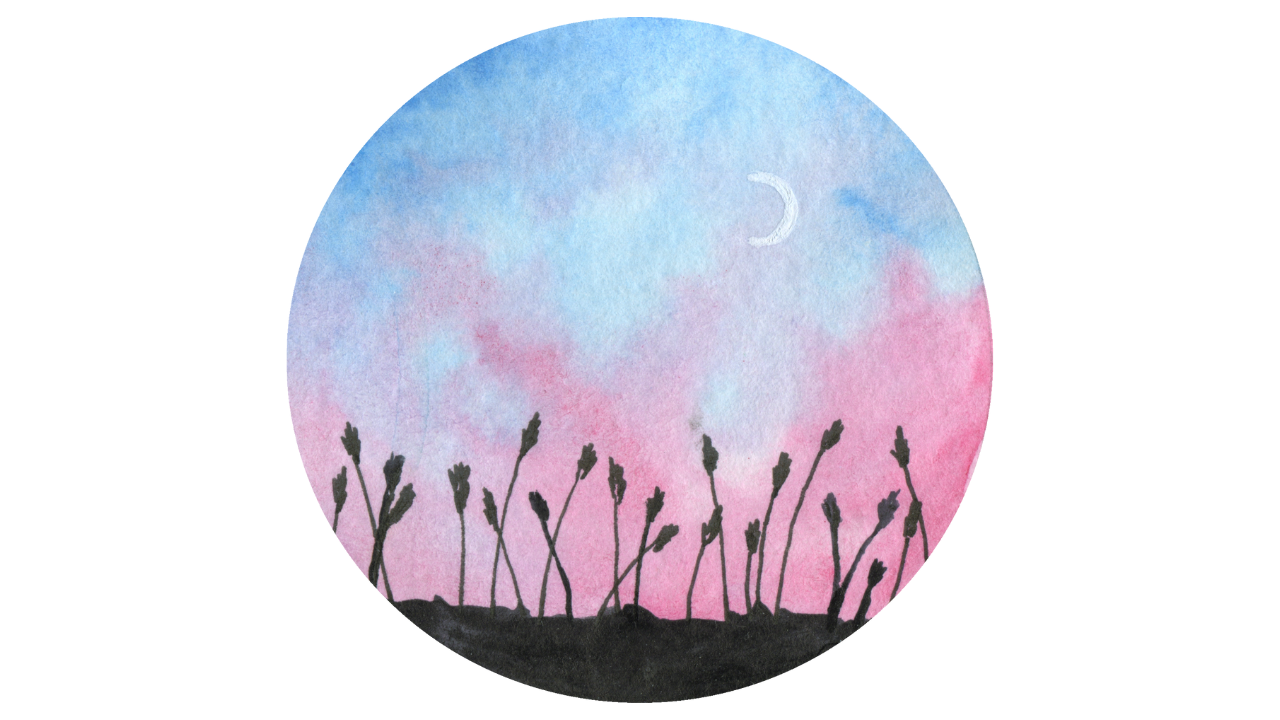
What We Do Now
I was lucky that when I woke up on November 6, I caught a live stream by Alexis Pauline Gumbs. I recommend watching the entire stream. Gumbs reflected on how during the first 100 days in office, a new president often engages in a display of power by pardoning people, passing laws, implementing new practices, and selecting appointees.. We can do our own version of this too.
Pardons: Who do we need to forgive? What tensions do we need to resolve? With whom do we need to ask forgiveness or make amends? We cannot afford infighting. There will be tensions and conflicts, but we need to ground ourselves in trust. As a researcher, I am engaged in making amends for the harm inflicted by the university and researchers. This means understanding that the mistrust exhibited by communities of color was earned. Repair requires acknowledging this, listening with humility, and taking action as directed by those harmed.
Laws: What laws, rules, or regulations do we hold that need to be changed? What beliefs or ideas about how things work need to no longer stand? One rule that’s been hammered into me is that humanities, social sciences and arts don't deserve or need funding. Even though I know the deep value of these fields that trained me, I find myself surrendering to this truism in my professional practice sometimes. I invite you to work with me to uphold the value of these most humanizing fields in a world that seems to relish in dehumanization.
Practices: What practices do we want to change and sustain? Personally, I'm committing to running. I've been a runner in the past but have fallen off in recent years. When I run, I am physically, mentally, and emotionally stronger. And we are all going to need our strength. I invite you all to engage in practices that feed your body and soul. Especially if you are in a position of power, foster this ethos in places of learning and working. When we are healthy, we can better take care with others.
People: What people and community do we want to be in relation with? When I think about community, I look at the many allies we have at FRI—students, faculty, past staff, community leaders, government agency employees, and collaborators. I think of the people who show up, and those who can’t but support the work of liberation in complementary ways. I know we are all committed. Now, I find myself checking in on folks and letting them know I am here. I remain aware that I am not at the center of this violence. Thus, my role is to do what I can to be there for those in my community that will be.
I will continue this process of reflection, both for myself and for FRI. I invite you to join FRI in collectively deciding what we need to let go and reconcile, what needs changing, and what we need to put into practice and with who. We're just a tiny piece in all this, but together we are bigger. None of us know what will come next or what the journey will be like, but I'm really glad I'm on it with all of you.